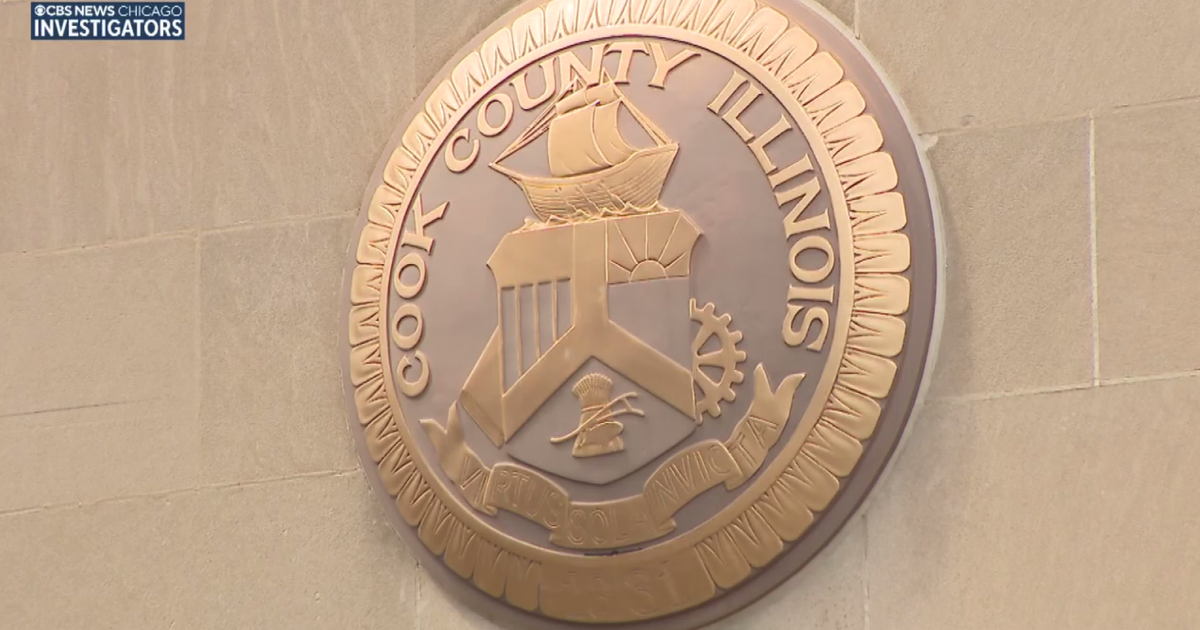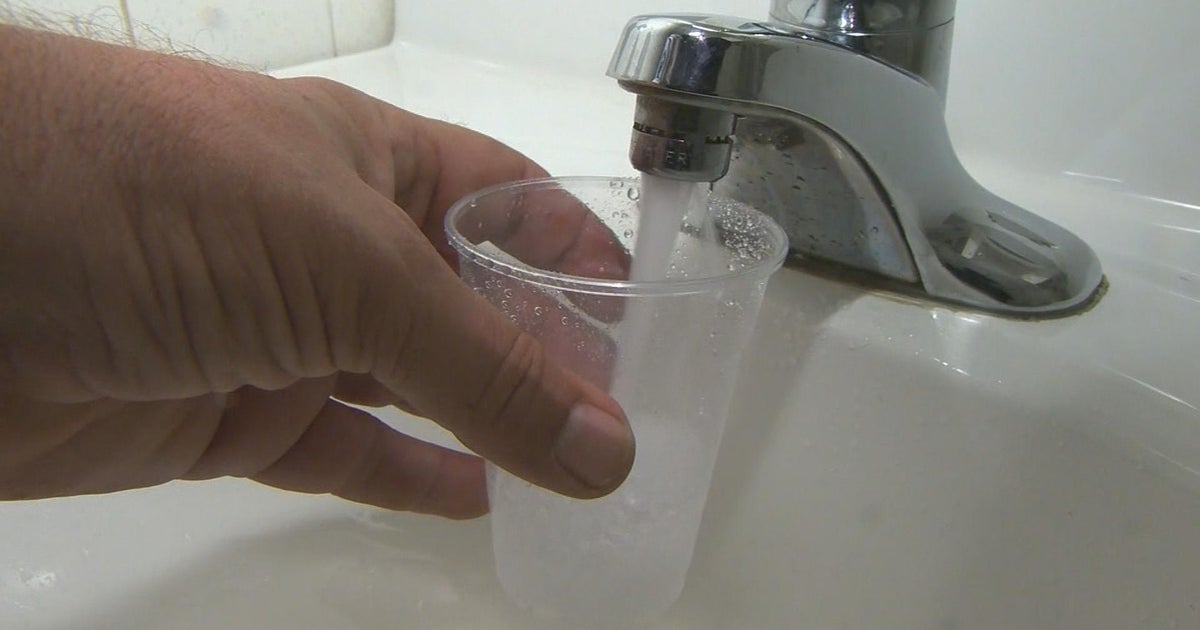Walgreens Launching Rapid HIV Test Program
PITTSBURGH (KDKA) -- Blood pressure checks, vaccines and urgent medical care - you can get a lot at a pharmacy these days. How about a rapid HIV tests?
Walgreens is launching a pilot program in 20 cities in hopes that more people get tested.
The Centers for Disease Control and Prevention says more than a million Americans have HIV, the virus that causes AIDS. Only 20 percent know they have it.
"The stigma of HIV still has a lot to play with being a barrier to people actually going and getting tested," says, Charles Christen, DrPH, executive director of the Pittsburgh AIDS Task Force.
Screening would involve swabbing the inside of your mouth and checking for antibodies against the virus.
If the 20 minute preliminary test is positive, you would be referred to your doctor or the health department for a confirmatory blood test and treatment.
"It's not just finding out that you're HIV positive, but getting into the care. The medications are successful enough to get people's viral load to undetectable. That means their chance of transmitting that virus to another person is much, much lower," says Dr. Christen.
Pittsburgh isn't on the list of cities for this pilot program.
"We don't have those high incidences of new infections in this area, though Allegheny County is the second highest in Pennsylvania, next to Philadelphia," he points out.
But people are interested, and they have concerns, as well.
"It definitely makes sense. It's more accessible," says one young man in Oakland.
"They go to a place they know that's right on the corner rather than some big hospital," says a woman.
"If you're worried, see a health professional, a doctor, someone like that," a student says.
The idea may catch on here.
"At our recent Pride Fest in Pittsburgh, the Allegheny County Health Department was doing screening for HIV, and there was a line of people to get the test," Dr. Christen says.
According to CDC statistics, in 2006, Pittsburgh had 134 reported cases of HIV. In 2007, 145 cases.
The relatively low numbers may be why other metropolitan areas are slated for the pilot program ahead of us here. But if it's successful, the free screening may be coming to Pittsburgh, too.
RELATED LINKS:
More Health News







